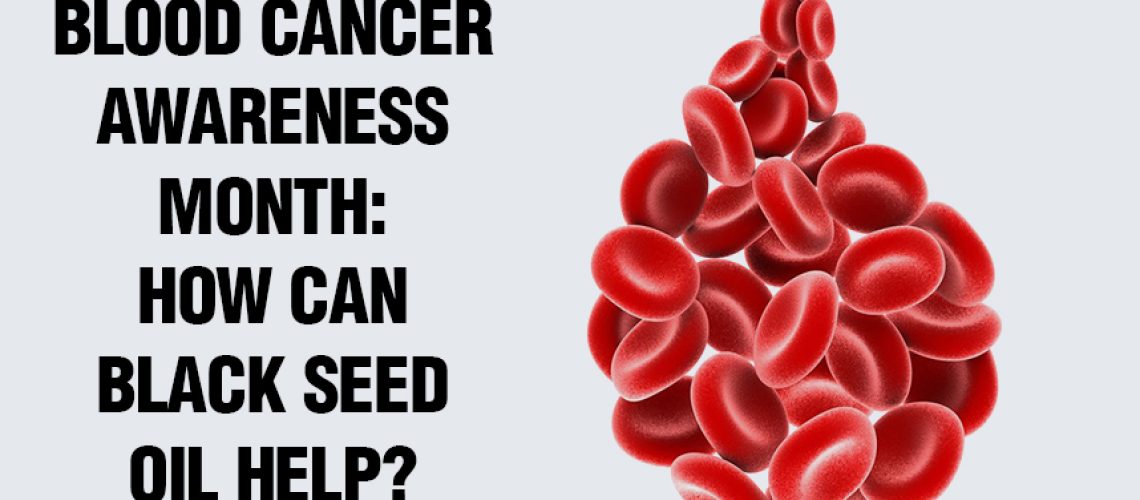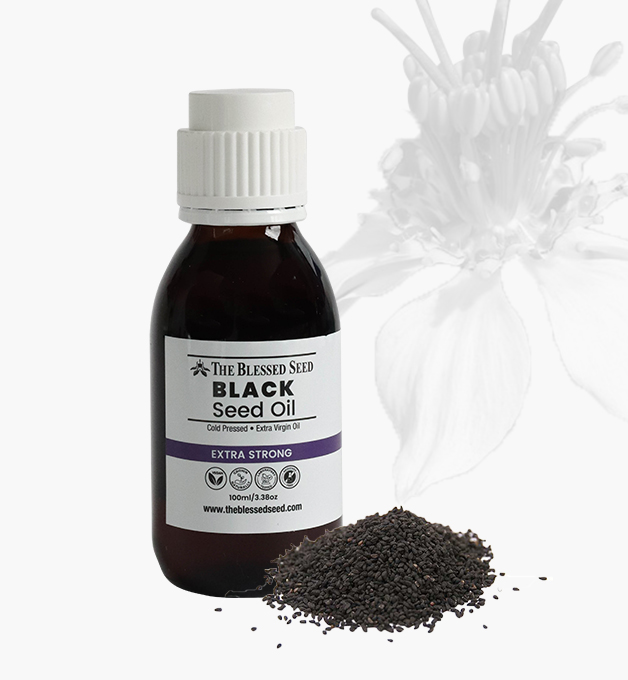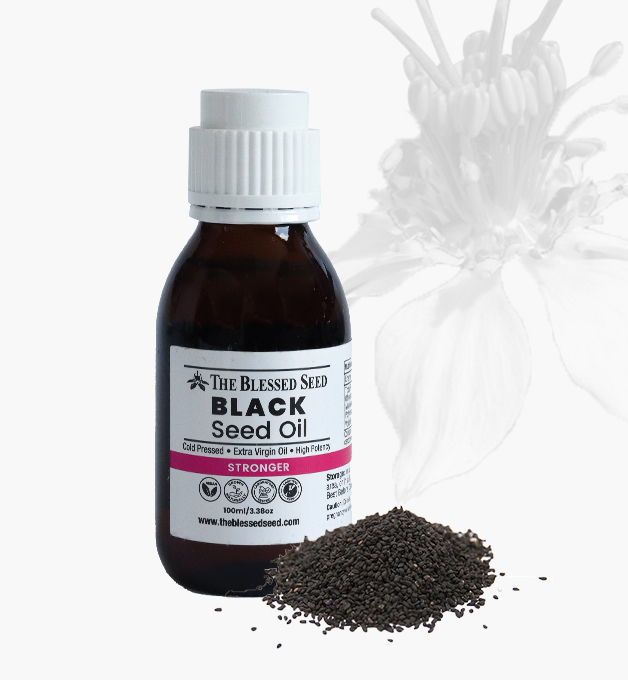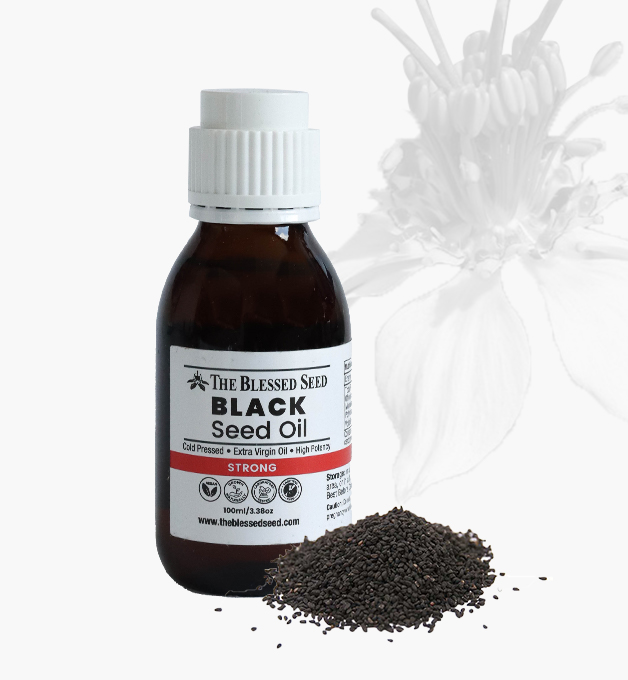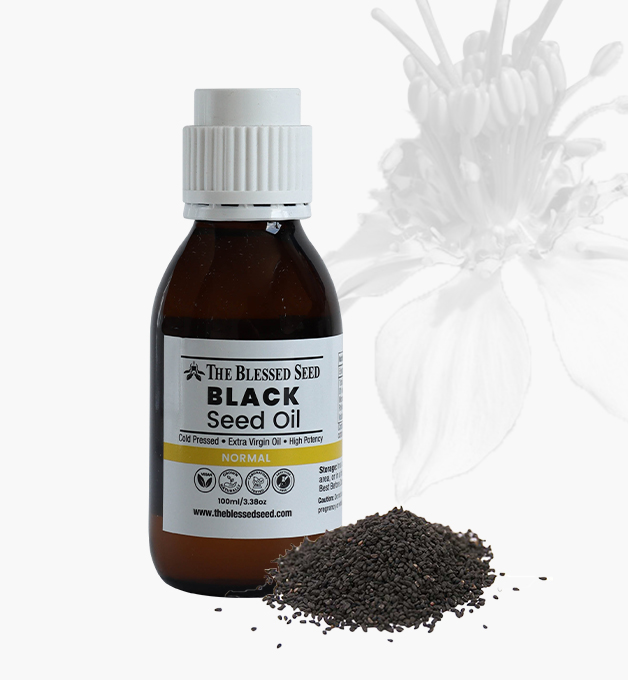Traditionally, September is Blood Cancer Awareness Month. Many organizations, during this time, make it their work to raise awareness of the different types of blood cancer, while doing their best to raise money for ongoing research into finding cures.
The Different Blood Cancer Types
Leukemia is most probably the most well-known type of blood cancer. Not many people are aware that there are more types, though. The five most common types of blood cancer are leukemia, lymphoma, myeloma, myelodysplastic syndromes (MDS), and Myeloproliferative neoplasms (MPNS).
Leukemia
Leukemia is a blood cancer type that affects your white blood cells or leukocytes, as they are also known. These white blood cells are produced in your bone marrow. Leukemia could thus affect not only your blood but your bone marrow as well. [ref]
Lymphoma
Lymphoma is a type of leukemia that starts in your lymphocytes. These are the cells in your immune system tasked with fighting off infections. They are found in your bone marrow, thymus, lymph nodes, and in other areas of your body. Lymphoma sees these cells change and start growing uncontrollably.
There are two types of lymphoma: Hodgkin and non-Hodgkin. The difference between these two types of lymphoma is that they start in different types of cells. [ref]
Myeloma
Myeloma is a type of cancer the starts in plasma cells. The disease typically starts in your bone marrow where the concentration of plasma cells is relatively high. [ref]
Myelodysplastic Syndromes (MDS)
MDS refers to a group of disorders. They are the result of either malformed blood cells or blood cells that do not work as they should. This is usually the result of something wrong with your bone marrow’s spongy material. The latter is where blood cells are formed. [ref]
Myeloproliferative Neoplasms (MPNS)
These are various types of blood cancers that result due to the production of too many white or red blood cells. Because of this overproduction in blood cells, blood flow issues could result that are associated with different symptoms. [ref]
Black Seed Oil And Blood Cancer
Black Seed Oil has been used in cancer treatments for thousands of years. Yet, it has only been in the last twenty to thirty years that scientists have started studying Nigella sativa to verify the claims made by holistic practitioners. The results, thus far, seem positive. The seeds of this plant have been found to have anti-cancer properties that may be beneficial to those people suffering from various cancers. Amongst these are included cancers of the blood system, breast, skin, lung, prostate, kidney, and liver. [ref]
While scientists are still trying to decipher the various properties in Black Seed Oil that result in its anti-cancer properties, anti-proliferative, anti-oxidant, anti-mutagenic, anti-metastatic, pro-apoptotic, and NK cytotoxic activity enhancing effects have thus far been identified. [ref]
One of the most prolific compounds in Black Seed Oil is Thymoquinone. This compound has antioxidant, anticancer, anti-inflammatory, and various other properties [ref]. With regards to its effectiveness against cancer, research thus far has found it to have inhibitory properties targeting various cancer stages, including the proliferation, migration, and invasion of cancer cells in different areas of your body. As an effective anti-cancer agent, it has proved promising in fighting various cancers as previously mentioned. Thymoquinone has also shown to induce apoptosis, the predictable, controlled, death of a cell. Where apoptosis is induced in cancer cells, these cells could potentially die off leaving only healthy cells behind. [ref1], [ref2]
Furthermore, Thymoquinone may lower the phosphorylation of certain cellular processes that result in incorrect DNA sequencing in certain cells resulting in cancer. The compound has the ability to transform the signaling pathways throughout your body that enhance cancer progression.[ref]
As a point of interest, a study conducted on seed preparation shows that heat also plays a role with regards to the cancer-prohibition efficacy of Black Seed Oil. It had a similar, positive effect on the Thymoquinone content of the oils. Seemingly, by heating the seeds to certain temperatures prior to oil extraction, an oil is produced that not only has a higher Thymoquinone content, but also a higher cancer-fighting potential. [ref]
In Conclusion
Much of the research on Black Seed Oil and its various anti-cancer properties conducted in laboratories across the globe thus far has been on animal subjects, with relatively few targeting humans. Thus far, however, the science behind the oil have found that it has various possible benefits for human use. The thing is, though, that in holistic medicine, Black Seed Oil has been used on humans for centuries without any adverse side effects.

